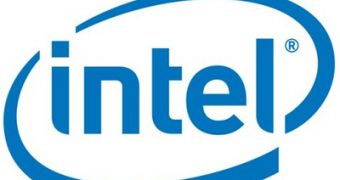It is really starting to look as though a certain, high-tier IT player just can't stop outdoing itself in terms of how much money it racks up each and every yearly quarter, especially after the performance during the January-March period.
With all the things that happened during the first quarter of the ongoing year (2011), you'd think Intel would be struggling to cope with the many changes on the IT market, at least a little.
Notebooks have been selling more while desktops have sold less, and tablets have been swooping in, eating away at x86 mobile market share.
There was also the very relevant fact that, for at least half of the period, there were no sales of notebooks or motherboards powered by the Cougar Point 6-Series chipset, because of the infamous design flaw.
All in all, one would have expected, if not a revenue decline, at least results lower than those of Q4, 2010.
Apparently, Intel managed to break its own revenue record anyway (again), as outlined in one of its newest press releases.
The revenue brought in by the core PC PC Client Group was up 17% on year, because of the Sandy Bridge units, which sold well even with the chipset problems. The Data Center Group revenue was up as well, by 32 percent.
Another thing of note was how the Atom series of netbook and, now, tablet chips, ended up with a 4% revenue rise over the same period of 2010.
All in all, revenue reached $12.8 billion, a 25% jump over Q1, 2010, which means net profit was left at $3.3 billion, a 29% improvement as it were.
“The first-quarter revenue was an all-time record for Intel fueled by double digit annual revenue growth in every major product segment and across all geographies,” said Paul Otellini, Intel president and CEO.
“These outstanding results, combined with our guidance for the second quarter, position us to achieve greater than 20 percent annual revenue growth.”
"Our projections for PC segment growth in 2011 remain in the low double-digit range, based on early sell-through strength we are seeing as we begin 2011," Otellini said during a call with financial analysts. "While it's too early to call 2012, with an improving global economy, we see no reason for growth to be materially different from what we see in 2011."

 14 DAY TRIAL //
14 DAY TRIAL //